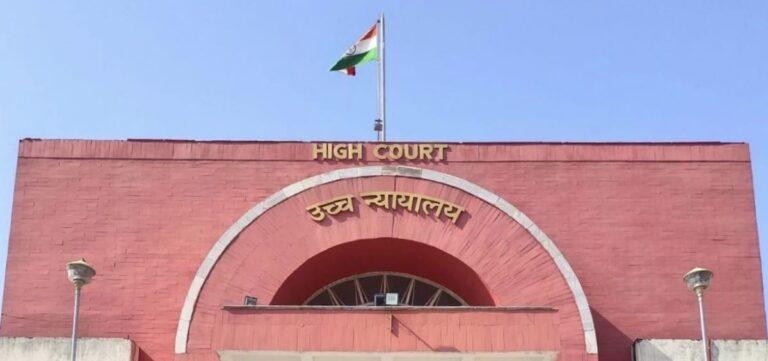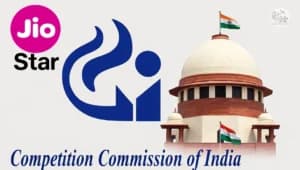The Bombay High Court's Aurangabad Bench has reaffirmed the right of preemption in joint family property disputes under Section 22 of the Hindu Succession Act, 1956.
Justice Shailesh P. Brahme, while hearing Second Appeal No. 1705 of 2005 along with Second Appeal No. 109 of 2014, dismissed both appeals - one filed by the purchasers of the land and another by the heirs of the original plaintiff seeking modification of the decree. The dispute involved agricultural lands in Radi village, Ambajogai taluka of Beed district.
Background
The case traces back more than three decades, to 1989, when portions of undivided ancestral land were sold by some members of the Rathod family to outsiders without the consent of other co-sharers. The Selukar family, claiming to be Class I heirs and co-owners, challenged these sales asserting their right of preemption - a statutory privilege allowing a family member to purchase a share before it goes to an outsider.
The trial court, in 1992, ruled in favor of the plaintiffs, holding that the sale deeds executed by certain Rathod family members were void since they bypassed the preferential right of other heirs. The plaintiffs were directed to deposit the sale consideration within 90 days to acquire title over the disputed land parcels.
Both sides appealed. The purchasers claimed that the plaintiffs were not Class I heirs and that the sales were legitimate. The plaintiffs, on the other hand, contested the valuation and sought recognition of fraud in the sales.
Court’s Observations
Justice Brahme examined the family lineage and property history in depth. The Court found that the lands were indeed ancestral and undivided, forming part of a Hindu joint family estate descending from one Keshav.
"The consistent evidence shows no partition ever occurred, either during Keshav’s lifetime or that of his son Balkrishna," the bench noted, adding that the plaintiffs and vendors were co-parceners, jointly cultivating the land.
The Court rejected the argument that the plaintiffs lacked standing as Class I heirs. "They would fall in the category of sons of a predeceased son, which is included in Class I," the judge observed, stressing that their birthright in ancestral property entitled them to the preferential purchase option under Section 22 of the Act.
Addressing the purchasers’ claim of tenancy and independent possession, the Court said they had not sought partition under Section 44 of the Transfer of Property Act — a necessary legal step for securing specific ownership of an undivided share. "Mere purchase of an undivided share does not confer possession or title over a defined portion," Justice Brahme clarified.
Legal Discussion Simplified
At the heart of the case was the interpretation of Section 22 of the Hindu Succession Act, which grants "preferential rights to acquire property" to Class I heirs in case one of them wishes to transfer their share.
In simpler terms, if one family member wants to sell his portion of a jointly owned property, the others in the same heir class have the first right to buy it at a fair price determined by the court. This mechanism protects family property from being fragmented among strangers.
Justice Brahme further addressed a procedural argument raised by the appellants - that the lower court wrongly extended the time for payment of sale consideration. Citing Supreme Court precedent (Sulleh Singh vs Sohan Lal), he clarified that since the execution of the decree was stayed during the appeal, there was no "extension" at all; the time simply paused.
In a concluding note that balanced equity and law, Justice Brahme held that the plaintiffs’ right of preemption stood proven and lawfully exercised. The Court dismissed both second appeals, thereby affirming the earlier decrees.
The plaintiffs shall deposit the amount of purchase price with simple interest at six percent per annum from 31 December 1992 within 90 days from today.
Case Title: Tukaram s/o Rekha (Rekhu) Rathod (Deceased) through Legal Representatives & Ors. vs. Sham Balkrishanrao Selukar (Deceased) through Legal Representatives & Ors.
Case Numbers: Second Appeal No. 1705 of 2005 with Second Appeal No. 109 of 2014















